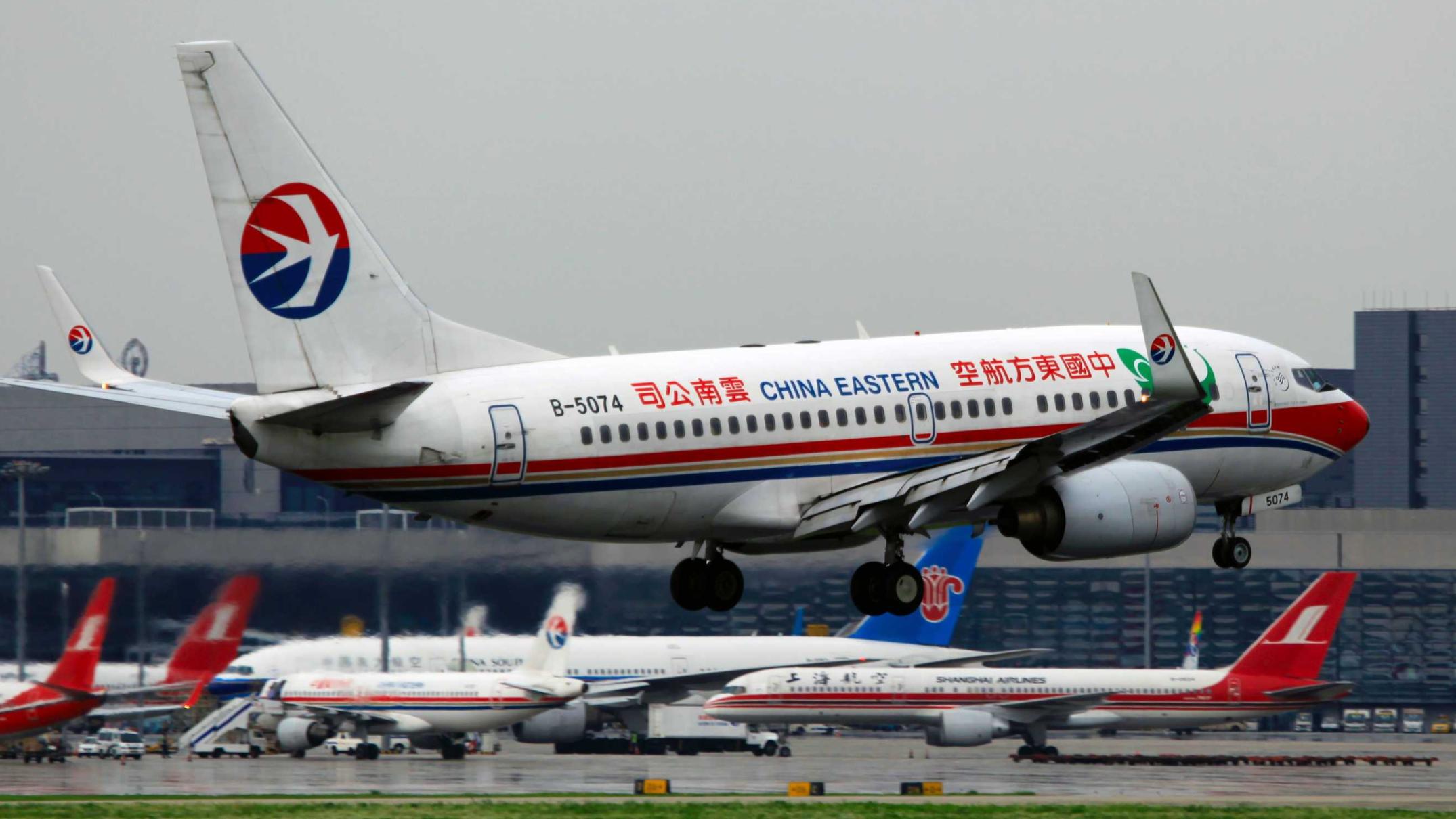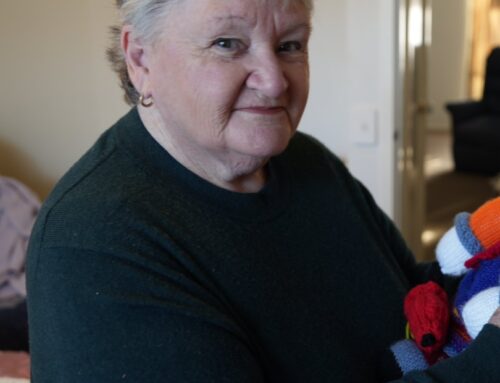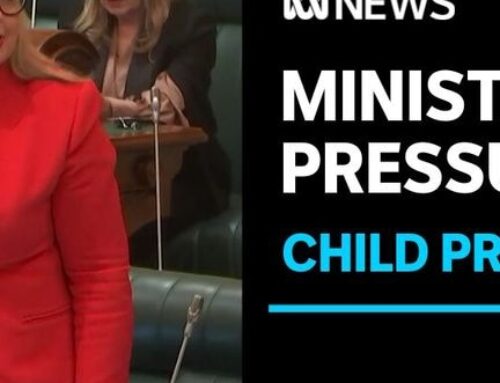Australia’s tourism industry has demanded more financial support amid warnings the nation’s international border could remain shut for much of this year.
Key points:
- Australians have been warned international border restrictions could be in place for “most” of this year
- The tourism sector says it cannot survive on domestic travel alone, especially if state borders keep closing
- The Federal Government has defended its support measures and says JobKeeper won’t be extended again
Almost 12 months after travel restrictions first started being imposed, Health Department secretary Brendan Murphy said he could not see them lifting any time soon.
“I think we’ll go most of this year with still substantial border restrictions,” he told ABC News Breakfast on Monday.
Tourism and Transport Forum CEO Margy Osmond said while she respected the medical advice, it was a disappointing start to the year after a devastating 2020.
“There is no way that domestic tourism can fill the gap that will be left by inbound international, no way,” she said.
“Essentially your average Chinese visitor to Australia probably spends $8,500 while they’re here. Your average Aussie who heads off for a holiday is probably spending about $1,500.
While Australians have been encouraged to holiday at home, Ms Osmond called for a uniform system of state border restrictions, arguing tourism operators had lost billions of dollars over the Christmas period following Sydney’s Northern Beaches outbreak.
The Commonwealth had been pushing for a nationally agreed-upon definition of a COVID-19 hotspot, but most states and territories have adopted their own thresholds for imposing restrictions.
Space to play or pause, M to mute, left and right arrows to seek, up and down arrows for volume.
Federal Government defends tourism support measures
Ms Osmond also urged the Federal Government to provide more “pay cheque” support when the JobKeeper wage subsidy ends in March.
Treasurer Josh Frydenberg recently rejected calls to again extend JobKeeper, arguing it was always designed to be temporary.
He also pointed to millions of dollars in specific support measures for the travel sector, including a regional tourism fund and cash payments for travel agents.
“For example, [there is an] $100 million plus program for travel agents, who have been hit hard, and the tourism sector more generally, as well as increased support for the aviation sector,” Mr Frydenberg said on Monday.
“So, I’m confident that the key pillars of our economic response are in place.”
The chairman of the Australian Federation of Travel Agents, Tom Manwaring, said while the industry appreciated that support, more help was needed as the pandemic dragged on.
“We need to just garner our strength, try and get through another nine months of darkness and hope that the forward sales of the summer of ’22 are strong enough to keep businesses alive,” he said.





